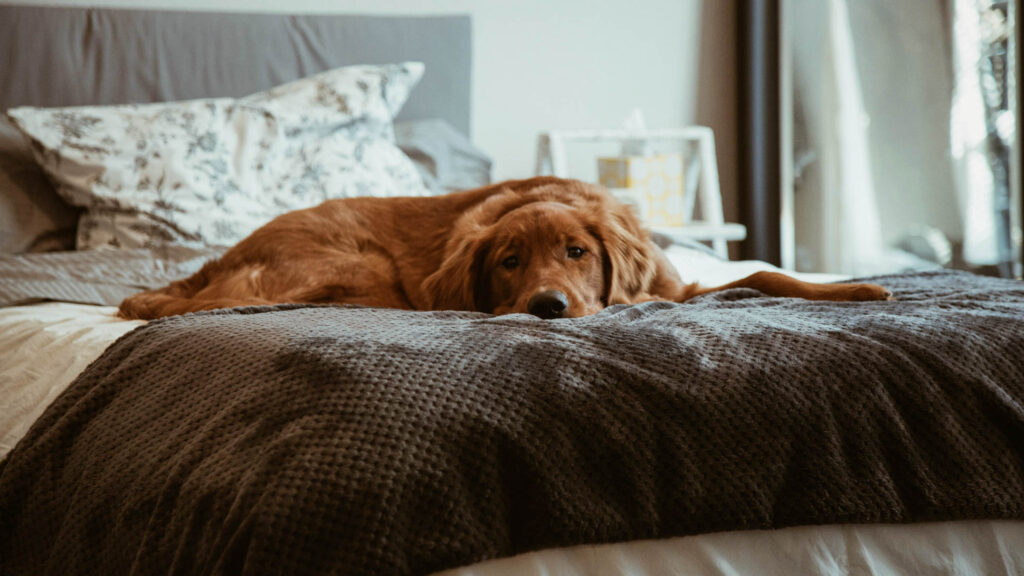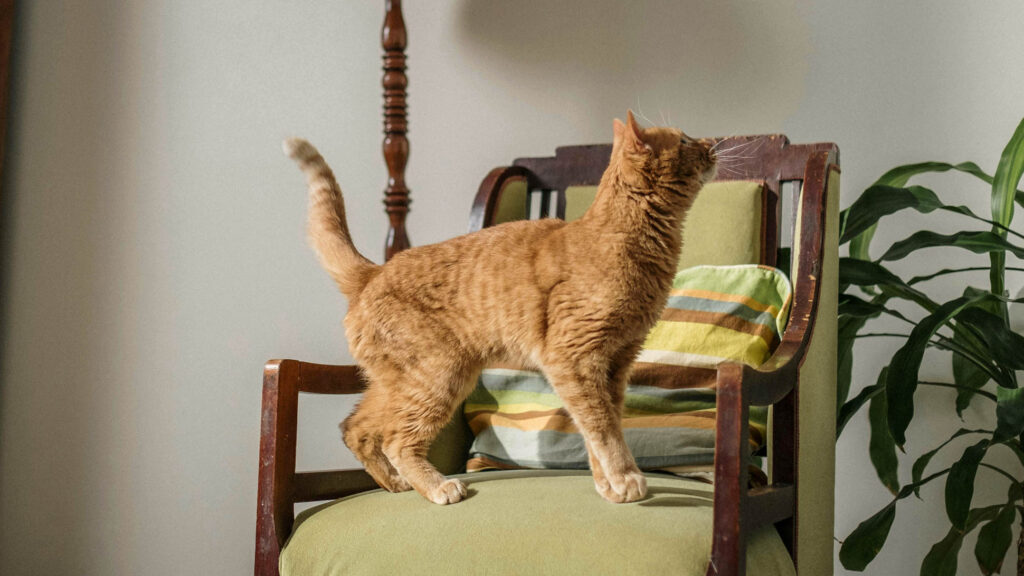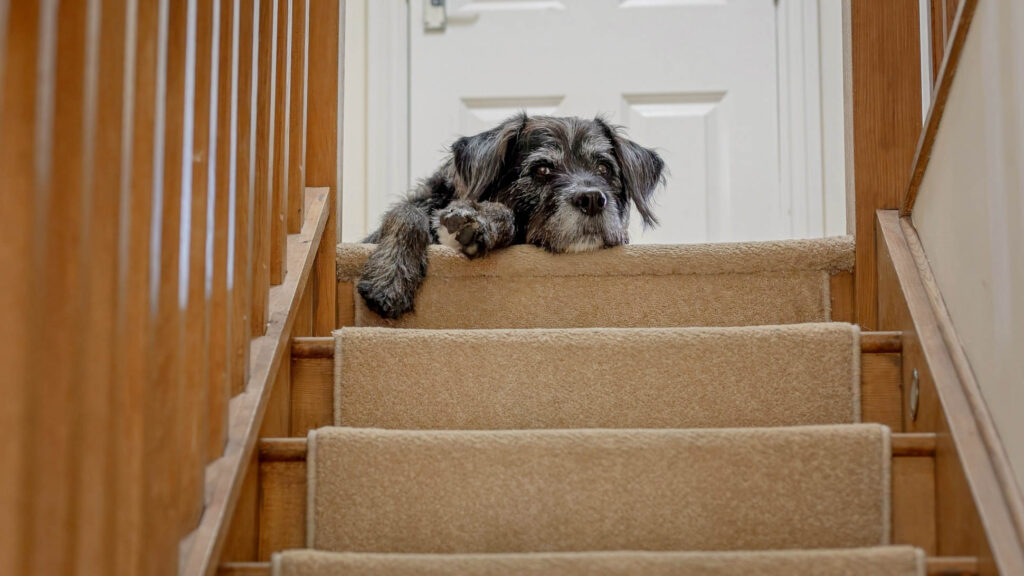
Owning a pet in Italy is subject to national laws, local ordinances, and even the specific rules of your apartment complex. Understanding these differences will help you avoid conflicts with neighbours and ensure your furry companion is welcome.
As with other aspects of living in Italy, bureaucracy can get tricky. For an overview of paperwork and requirements for foreign residents, see our article: Foreign Buyer Practicalities: Residency, Visas, Inheritance.
National Framework
Italian law recognizes pets as part of the family unit. Dogs, cats, and other domestic animals are generally allowed in private homes. However:
- Dogs must be registered with the local Anagrafe Canina (dog registry).
- Microchipping is mandatory for dogs and strongly recommended for cats.
- Owners are legally responsible for the behavior of their animals, including damage or injury caused.
Some breeds considered dangerous require special precautions, though outright bans are rare.

Renting with Pets
If you are renting a property in Italy, the lease agreement matters. By law, landlords cannot impose a blanket ban on pets, but they can include clauses about potential damages or responsibilities. Always clarify this before signing.
When searching for properties, you may notice that landlords in cities are more cautious, while in rural areas there is usually more flexibility.
Apartment Rules
If your property is part of a condominio (apartment block with shared spaces), internal regulations apply. Since 2012, Italian law states that condomini (plural for condominio) cannot ban pets altogether. However, they can regulate common spaces:
- Rules on using elevators with animals.
- Cleaning requirements for shared courtyards or stairwells.
- Restrictions on letting pets roam freely.

Country vs. City
In rural areas, pets often live alongside farm animals and enjoy more space. In cities, space is limited, and rules are more strictly enforced. Noise complaints (barking dogs) and waste management are common flashpoints.
Italians value good neighborly relations, so showing respect for others’ comfort goes a long way.
Health and Safety
Owning a pet in Italy means following local hygiene and safety rules:
- Dogs must be kept on a leash in public spaces, and owners must carry a muzzle in case it is required.
- Cleaning up after pets is mandatory. Fines apply if you don’t.
- Veterinary care is available almost everywhere, though in small towns the nearest clinic may be in the provincial capital.
✅ Key Takeaway
Pet ownership in Italy is widely accepted, but responsibilities differ depending on whether you rent, own, or live in a condominio. National laws protect pets, but local rules (and good relationships with neighbours) make all the difference.
Related Articles:
• Waste, Recycling, and Local Taxes for Homeowners in Italy
• Utilities and Running Costs for Italian Properties
